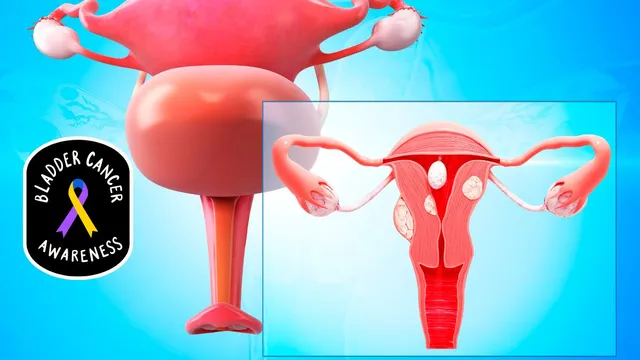- By Priyanka Munshi
- Thu, 15 Aug 2024 05:37 PM (IST)
- Source:JND
Understanding bladder cancer is crucial for early detection and effective treatment, as this type of cancer affects the lining of the bladder and significantly impacts a person's overall health. Bladder cancer often begins with subtle symptoms that can be easy to overlook, such as blood in the urine, frequent urination, or pain during urination.
Awareness of risk factors—such as smoking, exposure to certain chemicals, and a history of bladder infections—can encourage people to seek medical attention earlier, potentially improving outcomes. Being informed about bladder cancer also highlights the importance of regular screenings, particularly for those at higher risk. Overall, knowledge about bladder cancer empowers individuals to take control of their health and improve their quality of life.
In a conversation with Jagran English, Dr. Rajesh Kumar Reddy Adapala from the Department of Uro-oncology & Robotics at the Asian Institute of Nephrology and Urology in Hyderabad discussed the importance of understanding bladder cancer, its symptoms, and causes.
Also Read: Expert Debunks Common Myths Surrounding Organ Donation
According to Dr. Rajesh, the incidence of urinary bladder cancer is increasing. Smoking is responsible for about half of all bladder cancers. Certain industrial chemicals, such as aromatic amines used in dye, rubber, leather, and textiles, are also significant risk factors. The first sign of bladder cancer is often painless blood in the urine, known as painless hematuria. In some cases, bladder cancer can also cause irritative urinary symptoms. In advanced stages, patients may experience weight loss, loss of appetite, and bone pain.
-1723723625949.jpg)
Smoking is responsible for about half of all bladder cancers. (Image Credit: Canva)
Bladder cancer can be classified as superficial (non-muscle invasive) or deep (muscle invasive) based on the depth of bladder wall invasion. Superficial tumors are usually treated with endoscopic resection or laser fulguration of small lesions (TURBT). Some patients may require additional intravesical therapies, where drugs are instilled into the bladder to reduce the risk of recurrence.
Also Read: 7 Lifestyle Mistakes That Damage Kidneys And Elevate Your Risk Of Cancer
For muscle-invasive cancers, radical cystectomy is the treatment of choice. This surgery involves removing the cancerous bladder and surrounding lymph nodes. Urine diversion is achieved through an ileal conduit, where the urine tubes or ureters are attached to a segment of the small intestine, which is then brought out through the abdominal wall as a stoma to which a urine bag is applied. In selected patients, a neobladder can be created, using an intestinal segment to create a reservoir similar to the urinary bladder, allowing for the natural passage of urine.

